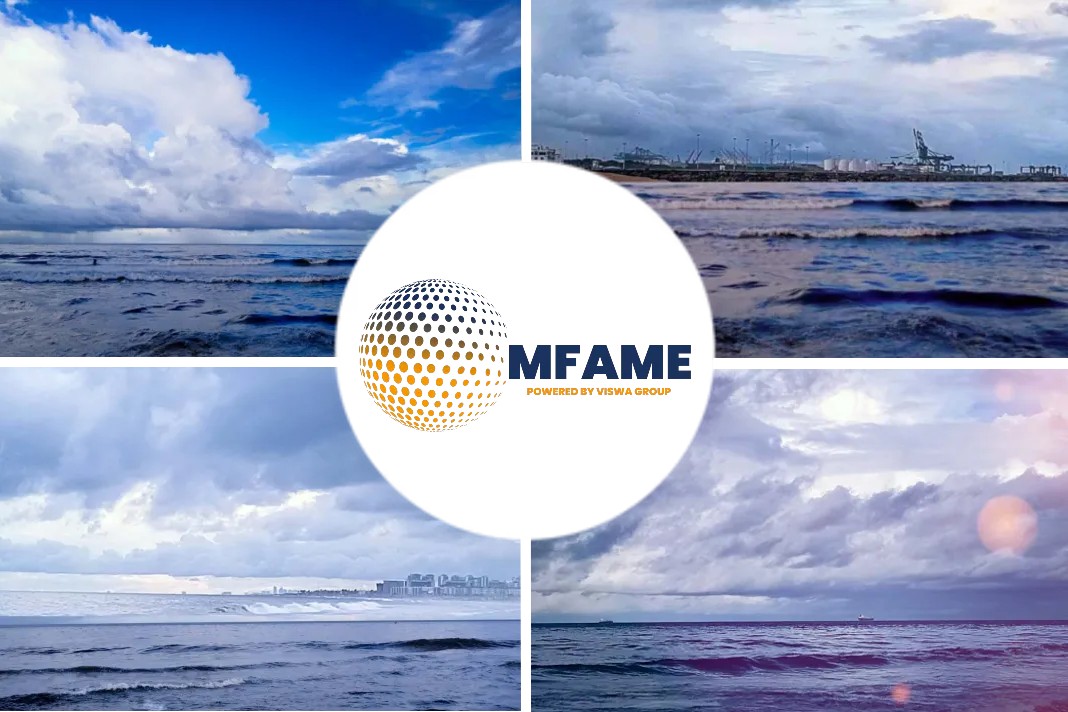- Technology is only a tool.
- The maritime industry cannot deal with decarbonisation by itself or in isolation.
- We believe this is an area that will garner growing attention with changing weather patterns and climate change.
Su Yin Anand and Tabitha Logan, the co-founders of maritime pitch competition The Captain’s Table, identify the likely tech trends in 2022, says an article published on splash247 website.
AER, EEDI, EEXI – More debate
Technology is only a tool. To know which tool to use, we first need to understand the problem and what needs fixing. The problem is reducing emissions. Simple enough. However, we are yet to land on a metric for assessing the size of the problem.
The IMO has approved the Annual Efficiency Ratio to rate ships under the Carbon Intensity Index (CII) which comes into force on 1 January 2023. However, the AER has come under fierce criticism for not considering the type of cargo carried. Applying pure arithmetics, the AER is unfavourable to vessels with lower deadweights that sail shorter distances.
The AER is also inconsistent with the framework agreed under the Sea Cargo Charter. It’s a messy, tangled web. We believe that this debate will continue into 2022. Indeed it is essential it does because without knowing the baseline metric for measurement, technology is useless.
Supply chain- it is all connected
The maritime industry cannot deal with decarbonisation by itself or in isolation. Ships are part of a larger supply chain. This is great because it means more stakeholders to potentially share in the risk and costs of trialing solutions. How does this look like?
We see more focus on the Internet of Things and the use of sensors, data transparency to understand how the supply chain is connected. We see the container industry leading developments in this space as they are at the coal face of the current supply chain crunch.
We see more solutions being brought to fore to manage supply chain congestion, monitor containers and optimise port activity. This year, with push coming for consumers and end users, we believe IoT will take off particularly in the container industry in order to manage risks associated with containers in transit and supply chain constraints.
Maritime connectivity – as we said before it is all connected!
We need data and the internet in order to implement most technological solutions but data is expensive but this is changing. We are watching what companies such as OneWeb are doing with their Low Earth Orbit satellites and how this will disrupt the VSAT space.
Other companies are entering into the fray with alternative affordable satellite solutions including big players like Inmarsat and all this means is that shipping companies will have more options now in terms of communication and cost.
Climate change and its impact on oceanography
We believe this is an area that will garner growing attention with changing weather patterns and climate change. A better ability to predict weather and ocean patterns, can assist in optimising voyages and better decarbonisation solutions for example kite sail technologies.
Crew systems – our people connect us
As we enter pandemic year three, we believe that crew will want a different way of working, demanding shorter contracts. They will also demand safer work environments.
New crew systems will have to be developed and we think we’ll see a breakthrough in this area through the use of digitisation, and virtual training solutions.
Our people are deeply connected to decarbonisation. We need our people to understand the need to change the way to work and the first step towards that is to make them feel part of the system and the problem.
API integrations, connecting systems – less is more
There will be a lot of new systems and processes coming online in response to the decarbonisation trend. Companies will be looking to suppliers to help them connect it all together. A common question I hear asked is ‘Can this connect to my vessel management system’? If the answer is ‘no’, the vendor will be met with a polite ‘ no, thank you’.
A major breakthrough this year will be if we are able to connect all the recent breakthroughts in digitisation, optimisation and decarbonisation and them actually work together with existing systems through the use of APIs. This also means we think it will be a busy year in the M&A space in the maritime tech segment.
Finally, we hope to see more actionable steps taken towards decarbonisation, and less greenwashing.
This may start with companies acknowledging that decarbonisation is not a temporary trend tied to an altruistic purpose but rather a necessity driven by capitalism, and the question that remains to be answered is how can decarbonisation be sustainably linked to returns.
Did you subscribe to our daily newsletter?
It’s Free! Click here to Subscribe!
Source: splash247


















